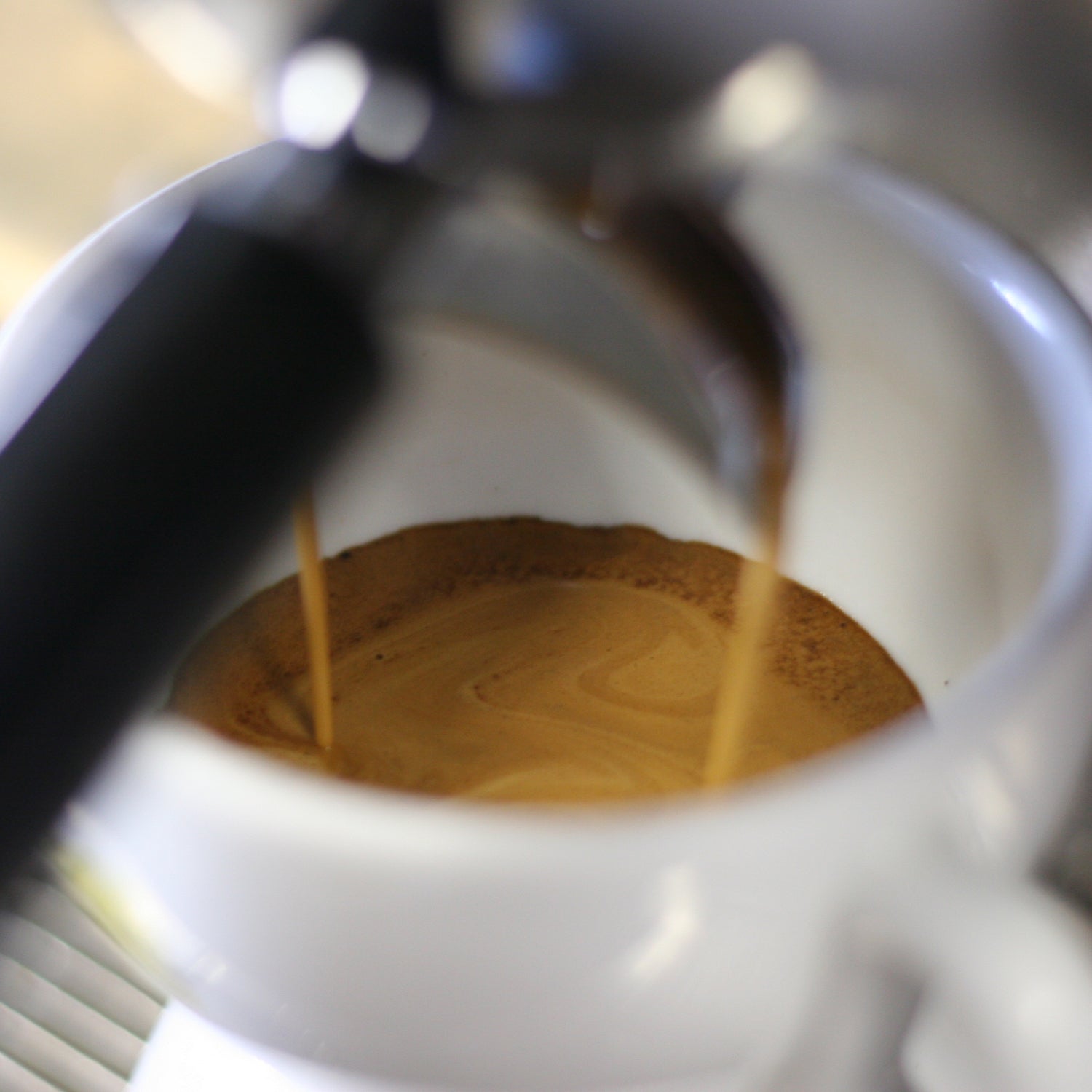With the going down June 9-12 in Rimini, Italy, a UK scientist and a Bath barista champion believe they have concocted the formula for the perfect brew—and, potentially, victory.
In a , PhD student Chris Hendon and friend Maxwell Colonna-Dashwood discovered that different mineral compositions of water can make a huge difference in coffee’s taste. Different characteristics of water, like bicarbonates or magnesium levels, are more or less suited to bring out the flavors and aromas of different types of coffee beans.
“We’ve found that the water composition is key to the , starches, bases and acids extracted from a particular roast,” Hendon said.
Sorting out the right water-bean combination can be tricky, however. For example, water softeners, which leave water high in sodium, weren’t particularly good for coffee taste. They also found that hard water, generally regarded as bad for coffee, is optimal for certain types of roasts. The challenge is to know what kind of water you’re working with, and to pair it with the appropriate bean.
Of course, for everyday caffeine addicts, it’s a little hard to fathom running serious water quality tests on your tap just to bring out the flavor of a pound of Sumatra Mandheling. Even for a lot of coffee businesses, it would be difficult to pinpoint an exact flavor profile that works well with the available water—in part because minerals in water change regularly. Not to mention, would your average customer even be able to tell the difference?
“This is not for the casual person who walks into a café and drinks one cup of coffee,” says Spencer Turer, vice president of , one of the largest coffee consulting businesses in the U.S. “It’s okay for competitions, but I fail to see the practical applications of this.”
Competition is exactly where the co-authors of the paper are headed. In addition to a forthcoming book, Hendon and Colonna-Dashwood, who owns in Bath, will demonstrate their handiwork at the barista championships. They plan to analyze the local water at the competition, and match it with the ideal roast. But winning at the barista won’t be that easy.
The competition pits 50 of the world’s top baristas from 50 different countries against each other in a no-holds-barred brew off. Each barista has to make four espresso drinks, four cappuccinos, and four signature drinks in a 15-minute “performance” set to music.
Baristas are scored on their cleanliness and technical ability, while drinks are evaluated on aspects like consistency of the crema (the light, foamy crown), taste balance, and visual presentation. Colonna-Dashwood won the UK Barista Championship in April.
The World Barista Championship is one of a series of coffee competitions produced by World Coffee Events. Others include the World Cup Tasters Championship, the World Coffee Roasting Championship, and, of course, the .


